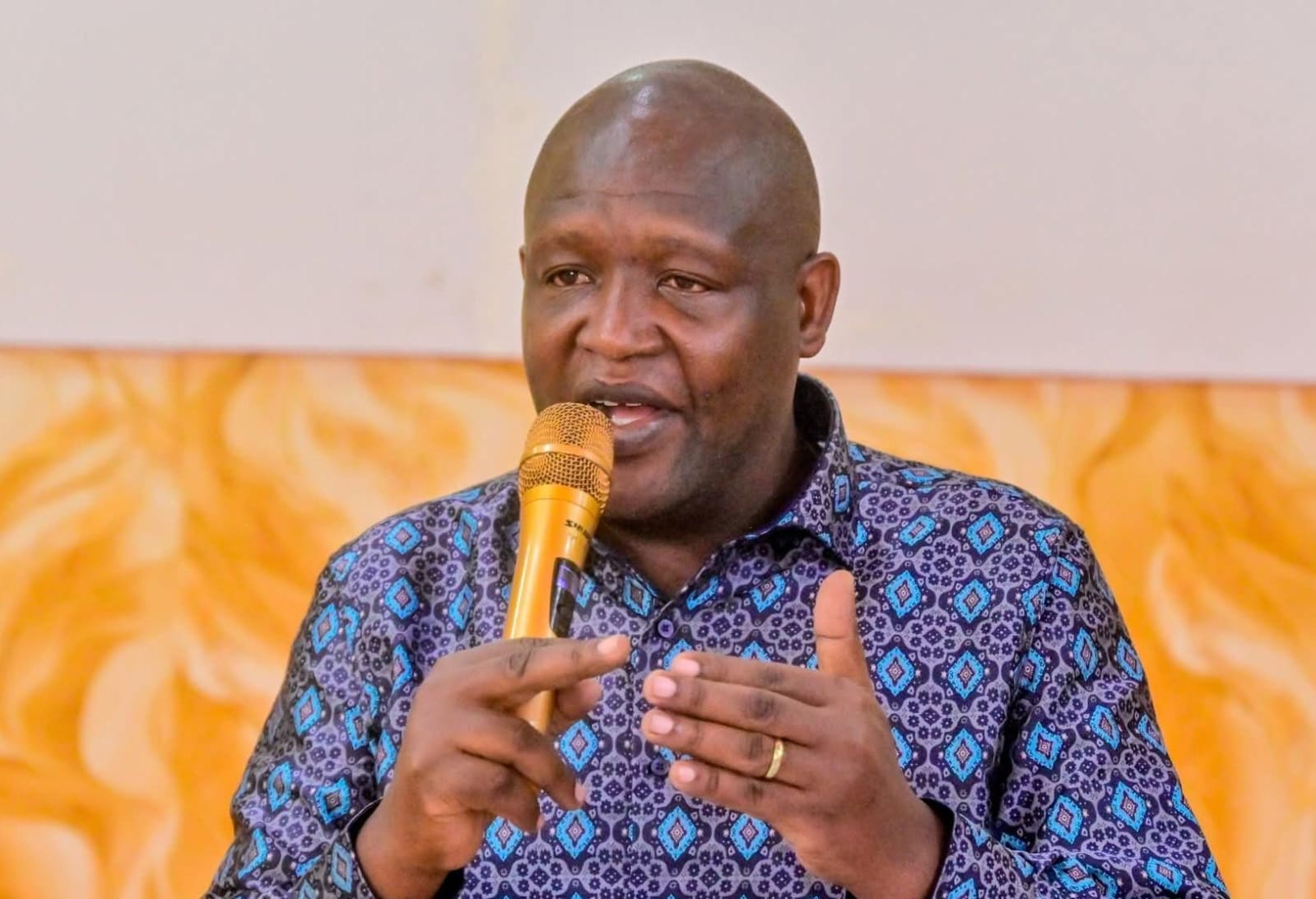
 Kericho Governor Erick Mutai during a past meeting/COURTESY
Kericho Governor Erick Mutai during a past meeting/COURTESYEmbattled Kericho Governor Eric Kipkoech Mutai hopes to have the Senate dismiss his impeachment trial on the basis of three preliminary objections as the hearing begins tomorrow.
Mutai is challenging the legality, procedure, and integrity of the impeachment process initiated by the County Assembly.
In documents submitted to the Senate, Mutai argues that the impeachment proceedings violated active court orders, failed to meet the constitutional threshold for removal from office, and relied on a deeply flawed and insecure electronic voting system that lacked transparency and accountability.
At the center of his legal challenge is a conservatory order issued by the High Court in Kericho on August 14, 2025, barring the County Assembly from tabling, debating, or voting on the impeachment motion until an inter partes hearing scheduled for August 28.
He says despite the stay order, the County Assembly proceeded with the vote on August 15, a move he describes as a blatant disregard for the rule of law and a violation of judicial authority.
“The County Assembly of Kericho should not have entertained and/ordecided on the impeachment proceedings, considering that there were orders duly served to stay the proceeding,” Mutai says.
The governor further contends that the impeachment motion failed to meet the mandatory two-thirds majority required under Section 33(2) of the County Governments Act, 2012.
According to him, while the Assembly reported 33 votes in favor of the motion, only 29 members of the county assembly could have lawfully supported it, as 18 members abstained or were opposed.
He asserts that the required minimum of 32 affirmative votes was not attained, rendering the motion invalid.
“...18 members did not vote whatsoever on 15th August 2025, as they were in opposition of the motion. The maximum voting MCAs would have be 29 MCAs.The required statutory threshold is 32 members of the County Assembly to support the motion was therefore not achieved,” he argues.
The most striking are the governor’s allegations regarding the voting process itself.
Mutai claims that the Assembly used an online voting platform hosted on its public website that lacked any credible security measures.
MCAs reportedly received login credentials, consisting of their national ID numbers and payroll numbers, via SMS, with no opportunity to create secure passwords or verify their identities through one-time codes.
This, he says, opened the door for impersonation, vote manipulation, and a total breakdown of vote confidentiality.
“The voting process was so deficient and was manipulated, hence the Senate cannot act on it. The Senate should not accept to consider and decide on the motion,” he states.
In one instance, the governor alleges that the motion’s sponsor, Kiprotich Rogony, fraudulently voted on behalf of another MCA, raising serious concerns about the credibility of the results.
He also notes that some MCAs did not have smartphones, internet access, or even their mobile handsets at the time of voting, yet were still counted among those who allegedly supported the motion.
Standing Orders of the Kericho County Assembly, particularly Order No. 77, he added, were allegedly violated in the process, as the rules require electronic voting to be conducted using secure, in-chamber systems, not through unsecured online platforms.
Mutai through his lawyer Katwa Kigen, further submitted that no electronic voting infrastructure was installed in the Assembly chambers, and the platform used was pulled down immediately after the vote, raising further suspicion.
He also points to discrepancies between the official Hansard transcript and audio recordings of the session, claiming that records of objections raised during the proceedings were omitted or deleted.
According to the county boss, this points to procedural failures, coupled with the legal breaches and technical flaws, rendering the impeachment process null and void.
The Senate is now tasked with determining whether the objections raised are sufficient to halt the trial before it begins in earnest.
During the impeachment last year, Mutai survived on a technicality after 34 senators voted to uphold a preliminary objection raised by his counsel.
Mutai had argued that the County Assembly did not meet the two-thirds threshold when they impeached him.
Some 31 MCAs out of 47 had voted to impeach the county chief, but the county boss said that the Assembly needed to raise 32 votes to impeach him.
The statutory threshold is 32.
Meanwhile, the High Court is scheduled to hear the related petition on August 28, a proceeding that could significantly impact the fate of the impeachment.













